Jamal Drammeh
For a simple mind, there are no practical difficulties in discerning what is right from wrong. We import the difficulties by our prejudices. These foolish imports interferes with the optimism of nature, thwarts our natural magnetism, and creates intellectual obstructions that has no place in us.
In every constitution, there always remains to be residuals it could not resolve. The most inundated legal minds cannot craft laws or constitution that would be immune to exploitation in some way by the very law makers that are supposed to uphold them. If writing new laws and constitutional reforms should be the solution to our every problem, then we will keep doing it forever. What is the point of perpetually amending laws, if the law makers are bent on betraying the spirit and intent of the laws? Spirit or intent cannot be wholly legislated so will forever remain elusive to our written laws, but the law of consciousness abide.
So let us draw some lessons from nature. Water only rises to the level of its source. The source of government being the society — can only be elevated to moral heights of the society. It is the qualities of the society that is magnified in government. We the people; are the essential measure of right, of truth, of love, of beauty….. And yes, of our laws and constitutions!
We are wiser than we project in our discourse, and we know each other very well! Truth and reality never escapes our apperception. No amount of written laws and constitutional stipulations can change reality. We should become thinking people; not clinging to the idle notes of the Jeffersons and Madisons, or our contemporary legislators — as if their uttered syllables or texts are divine doctrines that God Himself brought to humanity.
Let us stop this domestication of the foreign and the worship of the old — and bring forth the vitality of the best in our culture and virtue, now. We also live with God, right now; and can look inward and produce works and write laws just as great in this twilight of our democracy to rekindle the spirit of our common dreams and aspirations.
The best constitution — used at a negative degree will still oppress the masses. We must not be the fanatical guards of the laws and constitution, but rather be guides for them; the redeemers. The lawyers are trained to defend the text — unless it suits a client to distort them. So let the lawyers and politicians cling to their trifles; twist their lips even to indignation to redefine every letter of the alphabet.
A simple mind is royal; royalty makes habitual its own estimates of laws and affairs of men. We the people, must make habitual our own estimate of what is right and just, then demand it!
Laws of the land must be respected. But the slavish overestimate of the laws and constitution will always make us vulnerable to be oppressed or be victimized. So we should also avail ourselves the option for direct action in the course of justice and liberty through civil disobedience. Justice, we can perceive, and not in the whimsical but in eternal sense. We also know truth like we are aware that we are alive.
Civil disobedience: If history taught us any profound lessons about changing a government or system; is the irresistible power and the influence of civil disobedience. From every generation, the message of this solemn thunder is duly renewed and passed down to the next.
The reverberations of this immensity, has always transcended time and space with unfathomable results. From Hendry David Thoreau, to Leo Tolstoy, to Mahatma Ghandi, to Martin Luther and so many others before, after and in between — we’ve seen its doctrine preached and demonstrated to accomplish the “impossible”.
This cathartic virtue has done more in shaping history than any laws man has ever made. It will serve the course of the nation much nobler than any laws or constitution if the government loses its moral compass.
Democracy has too many slippery slopes; it is treacherous like the skating ring. And “when skiing on thin ice, your safety is in the speed.” So no; don’t appeal for silence and patience of the dissenters — but you can ask for decorous in their rage. We must be responsive and act quickly to counteract the excesses of any government. Patience and silence are no remedies for the expediency of government.
People have to rise up, demand and personify the change they want to see. Transparent persons are rare in politics; so it is futile to wait for politicians to act in ways that would curb their own power or change the power dynamics that’s disadvantageous to themselves. But no government is strong enough to resist a sustained pressure or popular uprising for a just course if enough people demand it. Sustained pressure always works in politics; civil disobedience — the most effective tool.
Separation of powers: For society to save herself from her own misgivings — creates the government. Government in its own turn to save itself from its own misgivings — divides itself into three branches, in a democracy. The aim is to put checks and balances on one another, and to prevent any one of the branches from usurping its authority. Success in more manure democracies, depends largely on this self-regulating and self-correcting mechanism of the separation of powers. In new democracies, these are formalities, mainly.
Nevertheless, the public holds the informal but solemn oversight authority over these three branches of governments. Government and its institutions should be rightly supported for doing its job, but a slavish respect for government that seeks to place it beyond reproach is the recipe for the destruction of a democracy.
Like man, government offers itself to be judged — though involuntarily. We need only watch and let it unfold itself and reveal its follies — if it has any. In politics and government; every day is a Judgment Day, so we must judge and act upon it responsibly but with promptitude.
We don’t need to be perplexed by the textual protestations of the laws or constitutional super navigation of the politicians or by the legal experts. Let us do and say simply what appeals to our nature and it’s morally right or just.
No citizen is too wise or too foolish to not participate in a constructive discourse of a nation. To remain silent while you watch a nation charter a dangerous territory or head for failure — is no mark of wisdom. Oracles speak! What you have done…. Will define you. Not what you gained, but what you’ve done for your fellows in truth — is your true worth.
Good as laws can be; conscience is better. Nothing can maintain peace and bring prosperity but ourselves. Only through the triumph of principle and the citizenry holding government accountable can we ensure the liberty and the dignity of every member of the society. The masses remain to be the ultimate ‘exchequer’ of our ‘practical’ laws and constitution. That is my central argument.
My last appeal to you, my reader; is to not settle any claims by my protestations, or put disproportionate value to these opinions. I’m only an experimenter, communicating my observations and hypothesis. Using an imperfect instrument called language — to describe a profound combinations of nuances of “The machine called government vs. people and their conscience”.
Simply think — is my appeal.

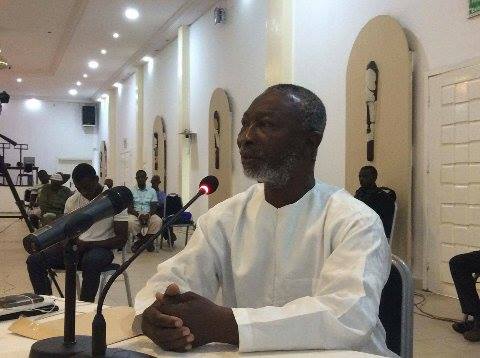

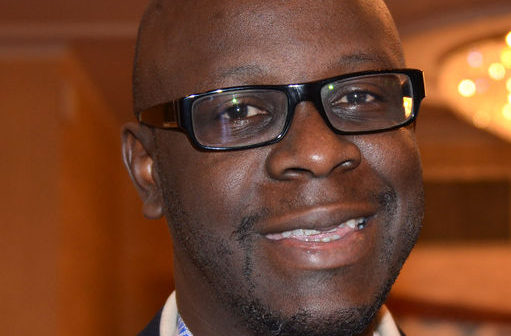




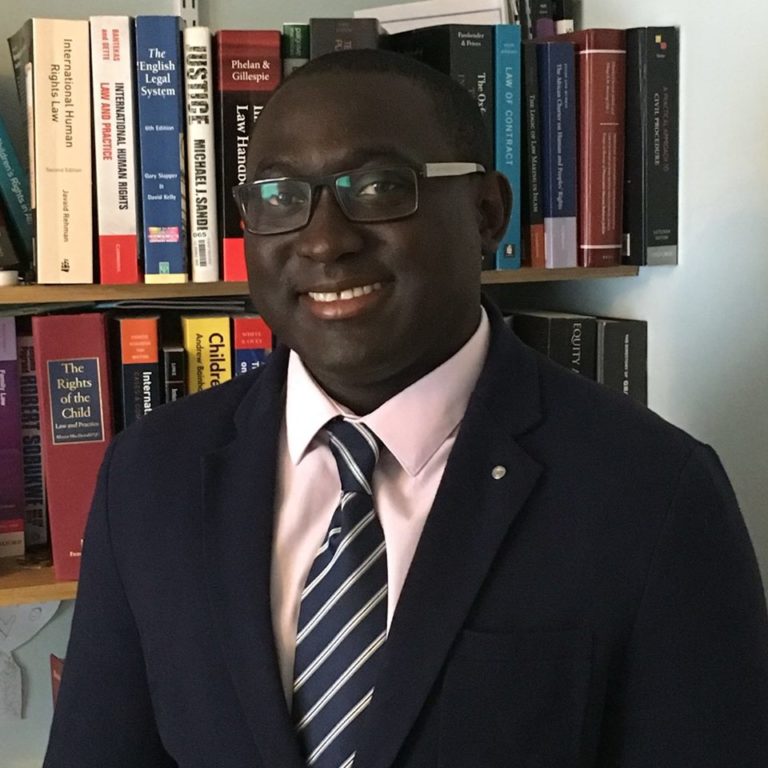
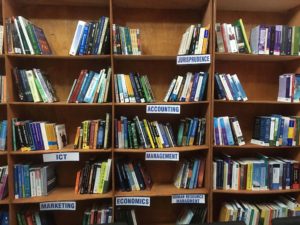
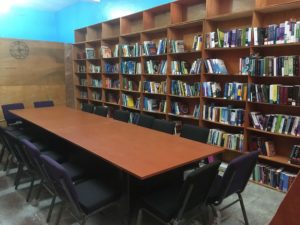
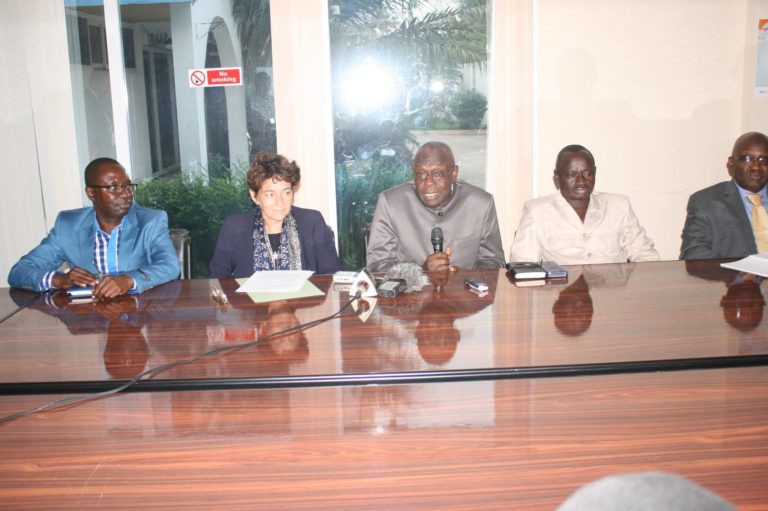
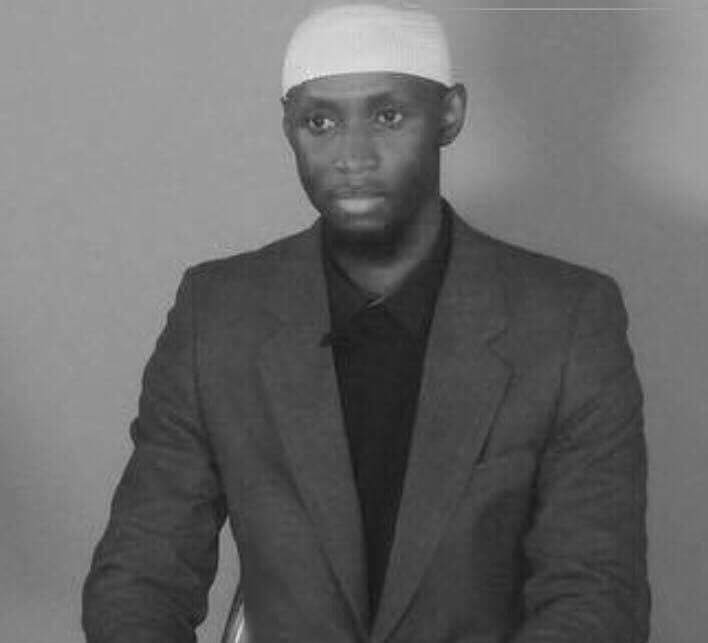

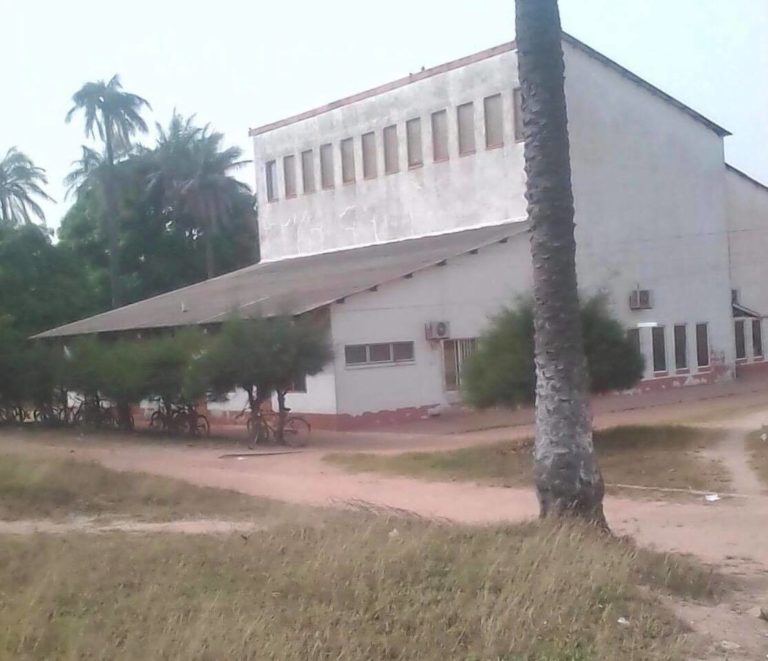


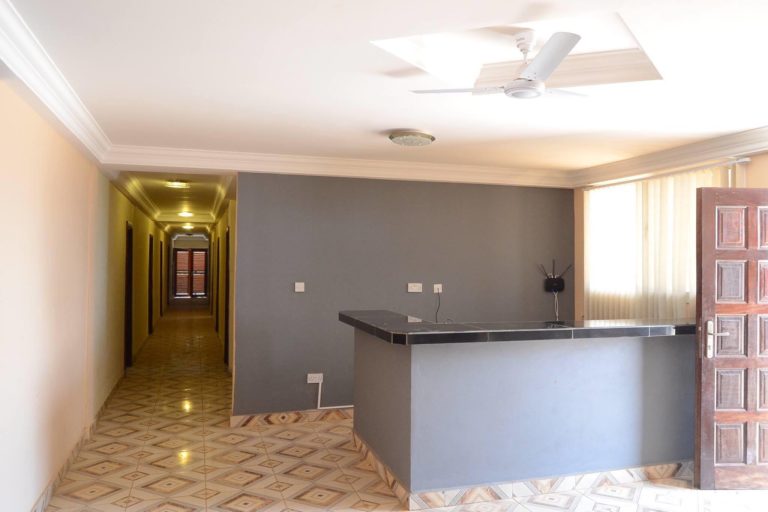
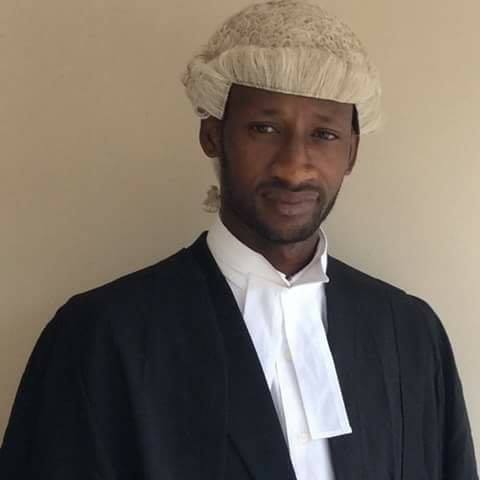

57 Vehicles and Political Patronage
It is now several weeks since Pres. Barrow received 57 vehicles from an unknown person or entity yet refused to declare the gifts to either his office or the National Assembly as required by Section 222 sub-section 12 of the Constitution. Instead Pres. Barrow merely further donated these vehicles to members of the National Assembly. The National Assembly itself has also failed to find out the source and reason for the donation of these vehicles to Mr. Barrow. This is indeed a tragic incident that poses a clear and present danger to our democracy for which both the Executive and the Legislature have failed the people of the Gambia.
Political patronage is a cancer and the mother of all political corruption, human rights violations and abuse of power in a democracy. Political patronage is when individuals, businesses and other entities shower gifts and praises on elected political leaders or public officers in anticipation of favours. Without that political office, these individuals or businesses and entities would not have given any gift to these elected or appointed public officials simply because they do not hold any political position or public office through which they could give any favour.
The purpose of political patronage is to cause an elected official or public officer to therefore grant or give government contracts, appointments, money or other favours to these individuals in exchange. Hence political patronage is a means through which political leaders and public officers are corrupted. Political patronage allows for abuse of office and human rights to take place with impunity. It obstructs the delivery of justice, stifles accountability and denies equal opportunities to all.
We recall during the first republic how Jawara was a major recipient of political patronage, as chiefs, alkalolu and their communities would donate cattle, sheep and farm produce to him during his country tours. We have seen the same practice being used by Yaya Jammeh all throughout his misrule. In both cases, Jawara and Jammeh became larger than life individuals who showered appointments and contracts and other favours to individuals, businesses, communities and other entities. Songs and public places were named after these leaders and their families. In the final analysis, the capacity of the people to demand transparency and accountability was weak because of patronage.
The end result of this patronage was that both leaders were able to perpetuate themselves in power longer than reasonable while plunging the country into untold poverty and underdevelopment. The way and manner both the Jawara government and the Jammeh regime were removed attest to the fact that political patronage was indeed the basis of their prolonged and misguided leadership.
Hence when we come this far, all Gambians must be hugely concerned that Pres. Barrow has started with the practice of political patronage that is dangerous to the health and stability of the Gambia. Within days of assuming office, Pres. Barrow went to Senegal only to receive gifts of houses from a Senegalese businessman. This was also not declared at all. Now that he has received 57 vehicles from another source, citizens must be concerned that the president has taken a path that potentially leads to corruption, abuse and self-perpetuation in power.
For that matter, I wish to demand that the National Assembly and all citizens rise up to demand a complete and immediate stop to political patronage. Pres. Barrow must be compelled to declare the source of these vehicles and to refrain from receiving gifts from any quarter. The Gambia Constitution is totally against the receiving of gifts purposely because the constitution wishes to protect the government and public officers from being corrupted hence abuse power and violate human rights.
If Pres. Barrow continues to receive these gifts it therefore means he will begin to succumb to the wishes and desires of the donors. By submitting himself to those desires it will only cause him to circumvent laid down government regulations, rules and the law regarding government contracts, appointments and delivery of social services. It means he will begin to use public resources to pay off political patrons. It means he will begin to make promises to communities and entities on the basis of their gifts and patronage. This attitude will only serve to derail this country for the worse.
Raise your voice against political patronage in all its forms. Demand that Pres. Barrow declare the source of the vehicles. If he fails to do so, let us demand the parliament to open a public hearing to summon the president to declare the source of the vehicles. Let us protect our republic by defending its constitution and sacred values and standards of good governance. Failure to do so will come to haunt us sooner or later. We have enough experiences in our history to tell us that we must stand against political patronage.
Mr. Barrow must realize that we elected him not only to replace Yaya Jammeh, a despot of unimaginable proportions, but more importantly for him to lead this country to effective system change. This requires that he abandon old and backward practices and attitudes of former leaders. Rather we expect him to set high standards and uphold sacred values in building a new society based on democratic culture. We expect him to demonstrate transparency and accountability in all of his decisions and actions in line with the rule of law. This is the system change we envisage.
God Bless The Gambia
Madi Jobarteh